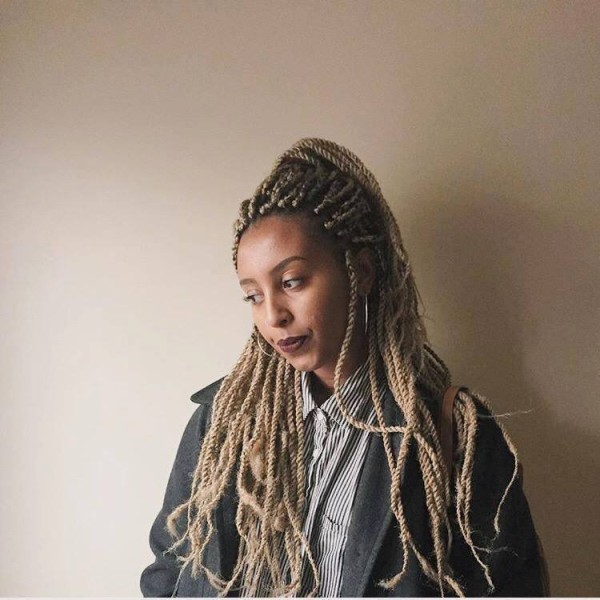
By Muna Mohamed
On Monday February 8th 2016, 23-year old Black Lives Matter activist, Marshawn McCarrel II, died by suicide outside of the Ohio state house.[i] McCarrel played an instrumental role in organizing and hosting Black Lives Matter protests following the death of Michael Brown in 2014. Following his suicide, McCarrel’s family members publically shared that he consistently put his activism and charity before his mental and physical well-being. They shared that the extent to which his mental health was being damaged due to his activism, was not something they had been aware of. [ii]
McCarrel’s tragic death stirred a movement of love and support towards his family and friends. A flood of “Rest In Power” tweets and kind condolences were shared on common social media platforms. I partook in these kind messages, almost out of impulse, but felt plagued with the feeling of what many were leaving unsaid: that activism can take lives.
I became acutely aware of the toll that my activism took on my mental health this past fall. It was undoubtedly what I considered the “peak” of my absorbance into the Black activist community. I spent a significant amount of time reading, learning, unlearning and absorbing information about the perils of the Black community as it related to my identity as a young Black woman and the daughter of Ethiopian immigrants.
It didn’t take long before I recognized the tension that existed within my activism. My activism demanded that I relive my experiences, my pain and my trauma. It was both liberating and emotionally painful. An overwhelming feeling of guilt quickly followed the consideration of pulling away from my activism when I experienced my mental health worsening. It could have been my mother in Sandra Bland’s place and it could have been my 16-year-old brother in Trayvon Martin’s place. I felt I had a duty to fight.
Activist burnout is the term often used to describe the feeling of emotional and mental exhaustion that I, and many other young black activists experience. It’s considered a common long-term effect that activism has on an individuals mental health.[iii] Activist burnout theory has historically been concerned with the outcome of re-integrating activists into their work. When applied to the context of Black liberation movements, most of which were started by young Black activists, activist burnout needs to be addressed with a higher level of intensity and with the outcome of promoting overall mental health rather than re-integration.
Mental health promotion, stigma reduction and increased access to services continues to center on the white teenager as the recipient of care. African and Caribbean youth remain statistically over-represented in the number of young people that experience mental health challenges across Canada.[iv] Mental health services continue to disregard the need for anti-oppressive structures to support the elimination of barriers that black youth face to accessing care. Black youth are still “siloed” from the discussion of mental health promotion and stigma reduction.
What does this mean for young Black activists? If activist burnout and our overall well-being aren’t continuously and openly discussed, we’re left with a mental health system that lacks the adequate mechanisms necessary to support us.
Feelings of guilt are common in a fight to end any form of oppression. They are feelings that arise from being a single individual in a system of oppression that leaves us vulnerable to harm. Activism can be good for your mental health when met with introspection and a commitment to self-care.
Pulling away from our activism in the name of self-preservation is an act of rebellion to the very system of oppression that we fight to dismantle.
[i]http://www.theroot.com/articles/news/2016/02/ohio_blm_activist_marshawn_mccarrell_ii_commits_suicide_outside_statehouse.html
[ii] http://www.nydailynews.com/news/national/activist-marshawn-mccarrel-kills-ohio-statehouse-article-1.2525393
[iii] http://www.theguardian.com/commentisfree/2015/feb/22/black-art-dangerous-personal-political
[iv] https://www.activist-trauma.net/assets/files/burnout_flyer_rightway.pdf
About the writer
Muna Mohamed is a 3rd year Public Affairs and Policy Management student at Carleton University. She’s a provincial mental health advocate with a dedication to implementing anti-oppressive practices in youth serving agencies. Muna has a passion for using creative facilitation and community organizing to empower black youth in creating a system that best supports their personal and professional growth.

